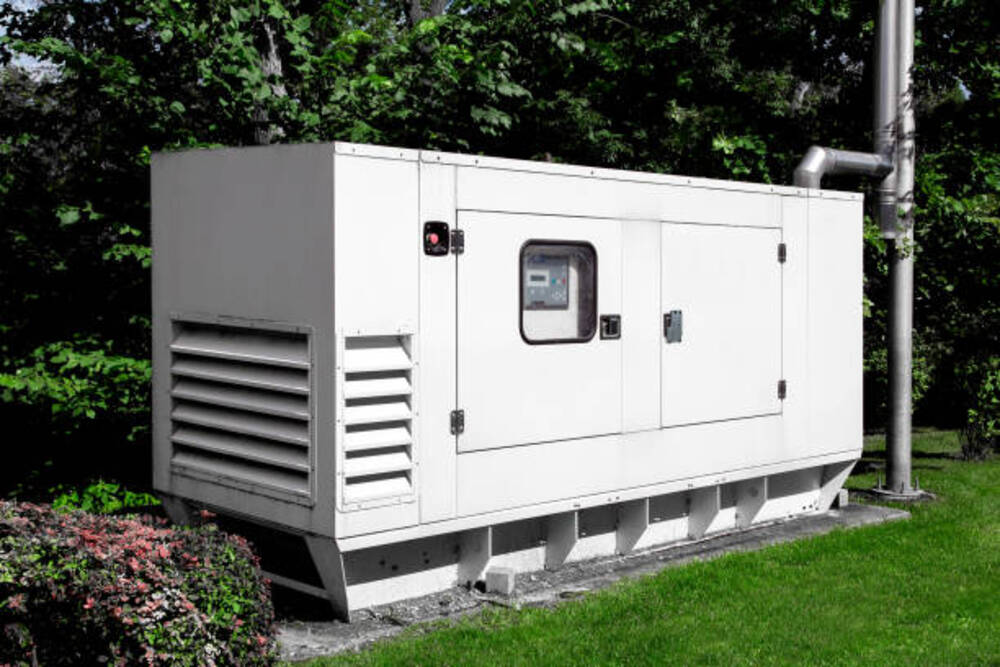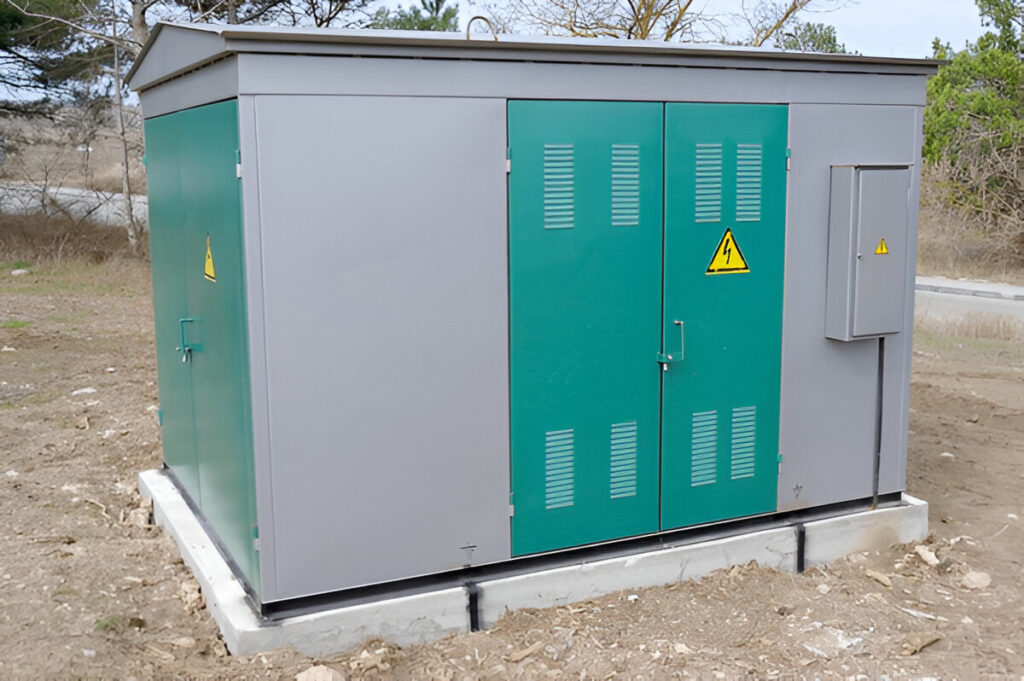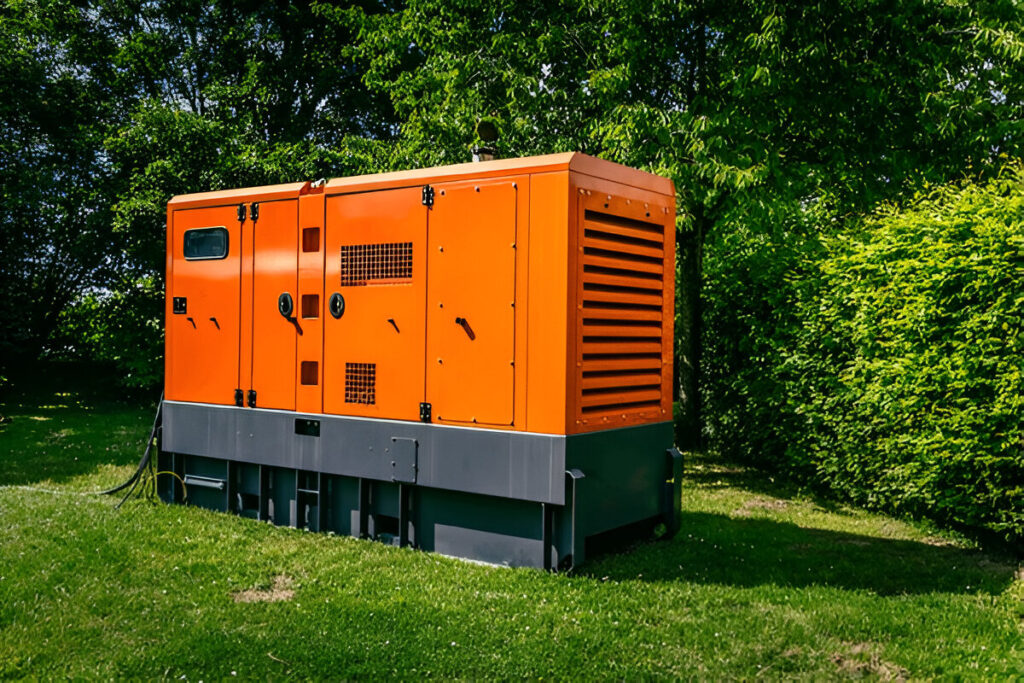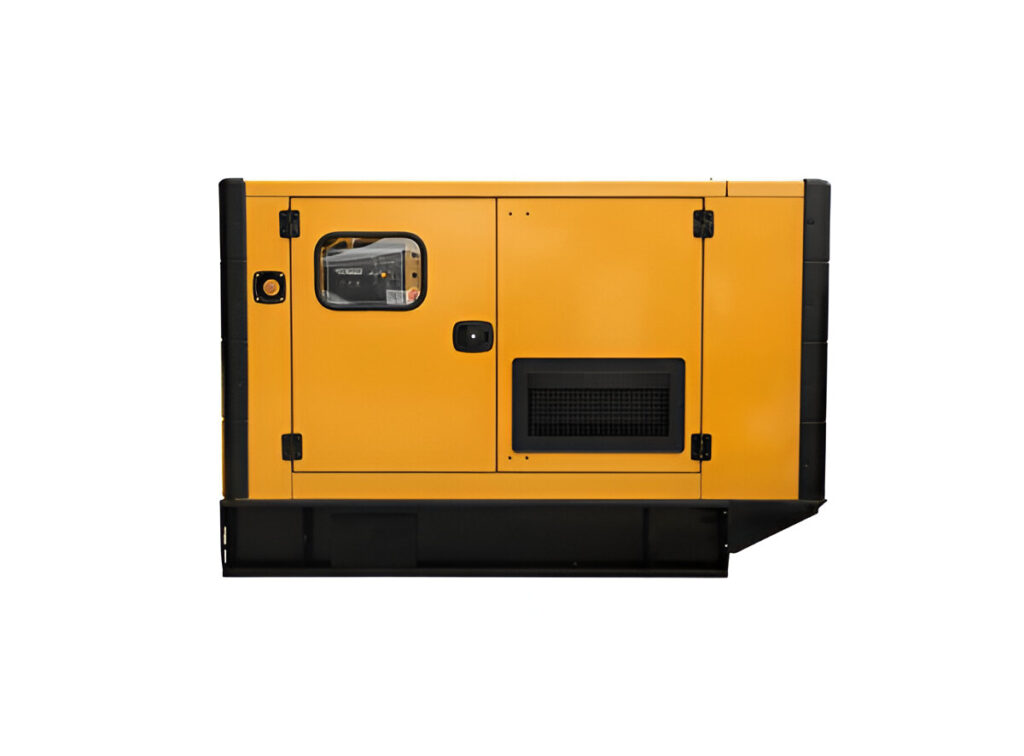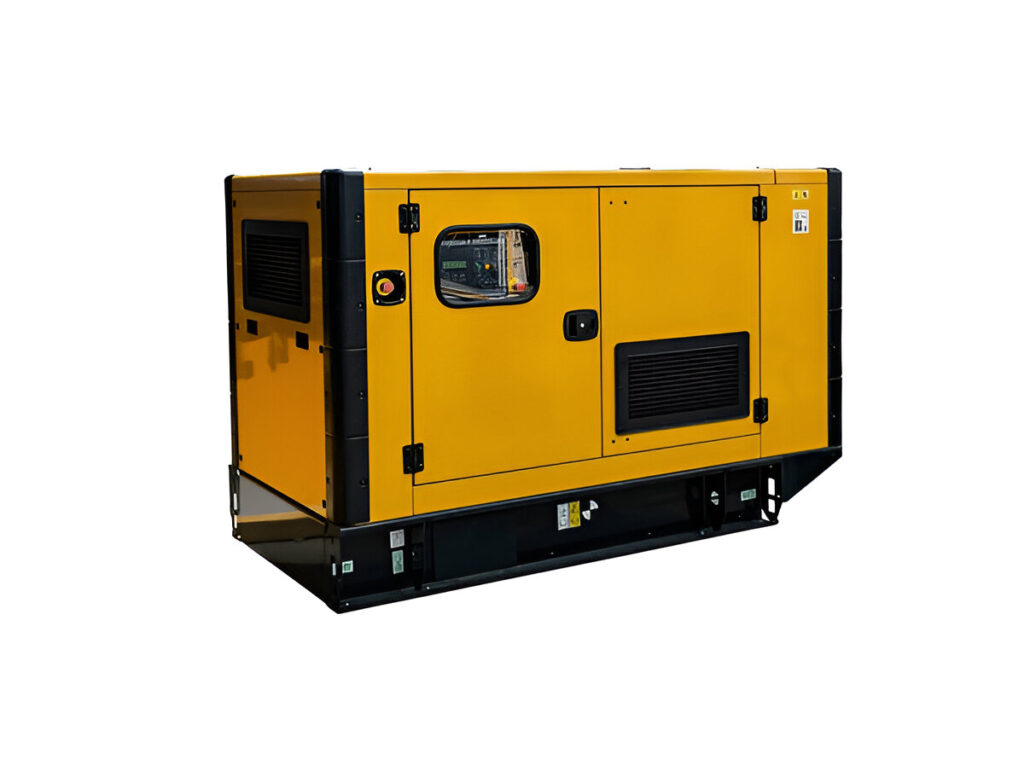If you’ve been shopping for generator rentals or exploring backup power options for your business or event, you’ve likely come across the terms kW and kVA. While they sound technical (and a bit confusing), understanding these two units is essential when choosing the right generator for your power needs.
Let’s break it down in simple terms so you can make the right decision—whether you’re buying, renting, or just planning ahead.
What Is kW (Kilowatts)?
Kilowatts (kW) measure real power—the actual power your electrical devices consume. Think of kW as the “usable” energy that keeps your lights on, equipment running, and systems operating.
When you’re evaluating power requirements for commercial generator installations, it’s the kW rating that tells you how much real energy the generator can provide to your systems.
What Is kVA (Kilovolt-Amps)?
kVA measures apparent power—a combination of real power (kW) and reactive power (wasted or stored energy, like what’s in motors or transformers).
To put it simply:
kW = actual power used
kVA = total power supplied (some of which may not be used)
The ratio between these two is called the power factor, usually around 0.8 for most industrial generators.
How Does This Impact Generator Rentals?
When looking into generator rentals, you’ll often see both kW and kVA listed. For example, a 100 kVA generator typically delivers around 80 kW of usable power (assuming a power factor of 0.8). Understanding this difference ensures you don’t under- or overestimate your power needs.
Need help deciding? Partnering with a trusted Caterpillar generator company or supplier can help you choose a unit that matches your exact requirements.
Right Size = Better Performance
Whether you’re running a construction site or hosting a major event, oversizing your generator leads to inefficiency, while undersizing can cause system failure.
That’s why generator rentals are a great choice—they give you flexibility to scale up or down without a long-term commitment.
Explore cost-effective models like used generators for sale or opt for temporary generator diesel generator options with expert support.
kW vs kVA: Real-World Application
Let’s say you’re running a bakery, clinic, or mobile event setup. If your total equipment adds up to 60 kW, you’d need a generator rated at about 75 kVA (because 60 ÷ 0.8 = 75).
A professional supplier can help you find the right generator enclosure to keep your setup safe, quiet, and weather-protected.
Final Thoughts
Understanding the difference between kW and kVA helps you make smarter choices when evaluating generator rentals. Whether you’re trying to avoid costly downtime or just ensure your event runs smoothly, sizing your generator correctly is critical.
Still unsure? Reach out to a power specialist and let them walk you through your needs. It’s the best way to get reliable power—without the guesswork.

